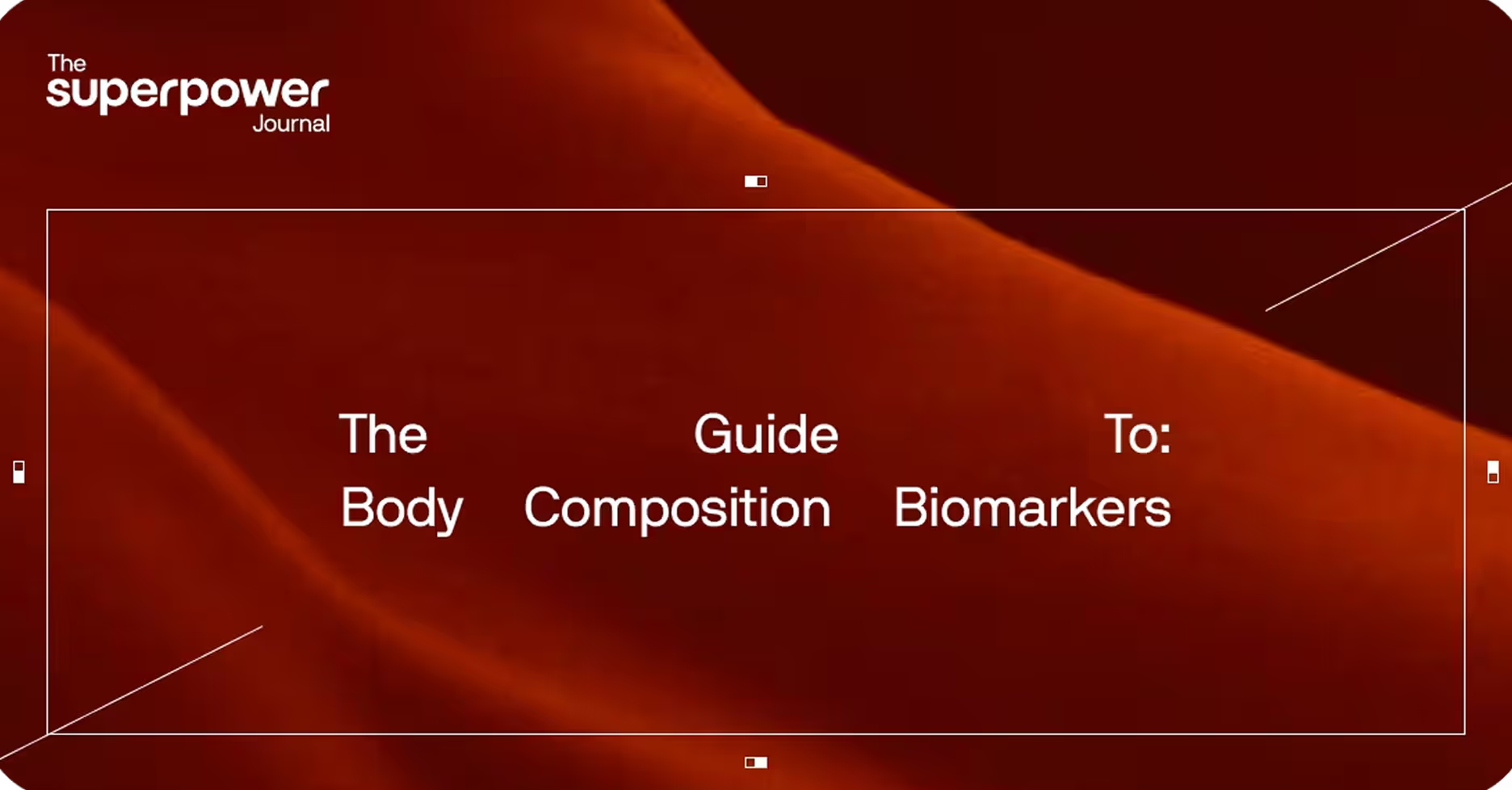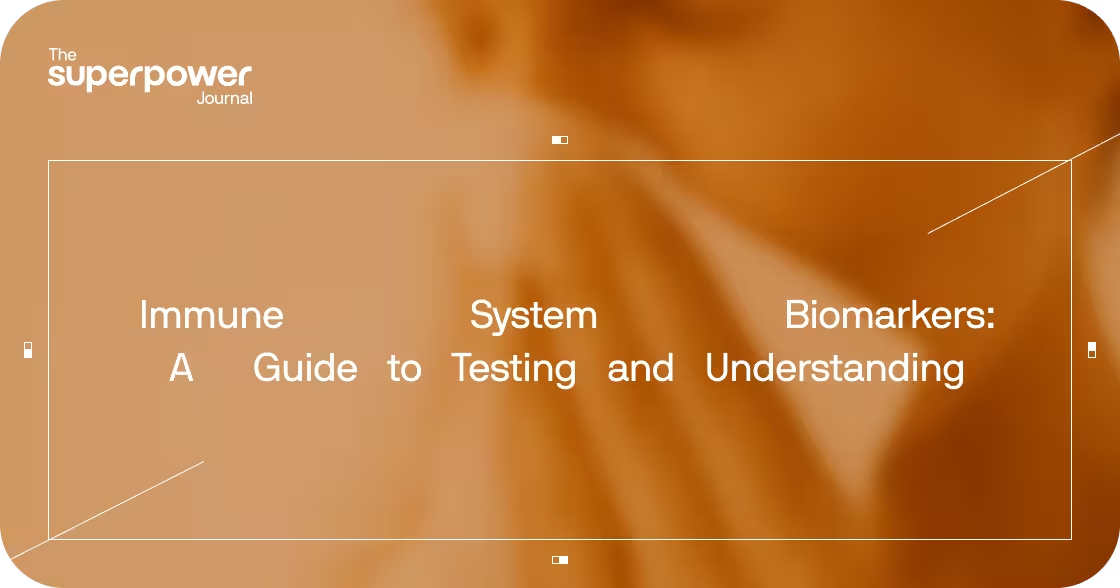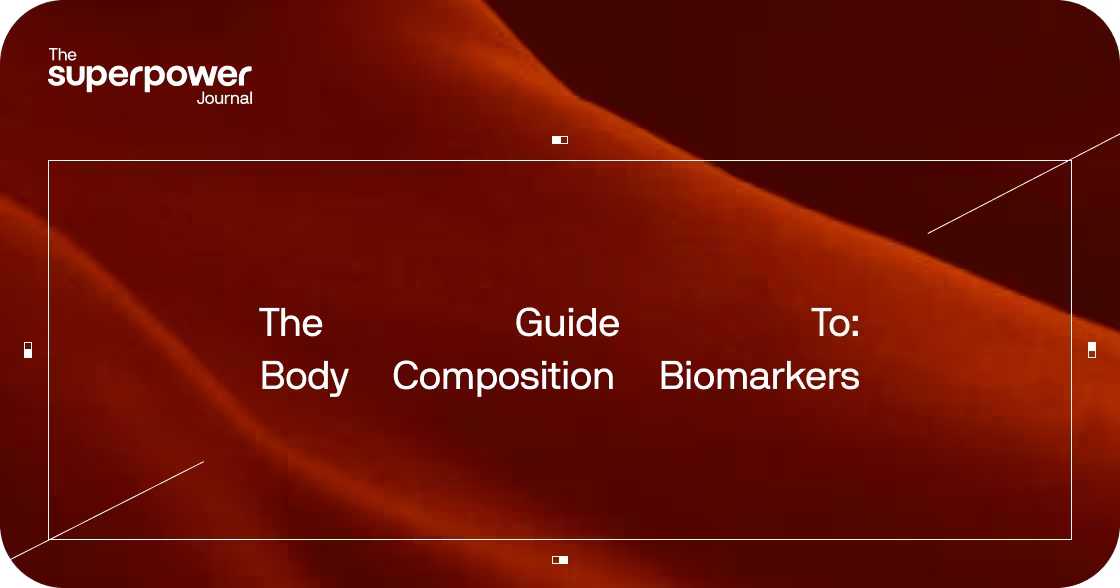Why Thyroid Dysfunction Matters
The thyroid gland plays a central role in energy regulation, growth, cardiovascular health, reproductive function, and brain development. When thyroid function becomes imbalanced, the consequences extend far beyond the gland itself.
In the United States, thyroid disease affects an estimated 12% of the population, with hypothyroidism being more common than hyperthyroidism¹. Many individuals with thyroid dysfunction remain undiagnosed for years due to vague, non-specific symptoms such as fatigue, weight changes, or mood disturbances.
Untreated hypothyroidism is associated with elevated cholesterol and increased cardiovascular disease risk² ³. Conversely, untreated hyperthyroidism increases the risk of atrial fibrillation and osteoporosis⁴ ⁵. These findings highlight the importance of early detection through thyroid biomarker testing—not only for symptom relief but also for prevention of long-term complications.
Systems Biology: The Thyroid’s Connections Across the Body
The thyroid gland, shaped like a butterfly and located in the neck, produces hormones that regulate how cells use energy. However, thyroid hormone signaling connects with nearly every major physiological system.
Brain and Nervous System
Thyroid hormones are essential for neurodevelopment, and deficiency during infancy can cause irreversible intellectual disability. In adults, both hypothyroidism and hyperthyroidism have been linked to cognitive changes, mood disturbances, and impaired memory⁶.
Cardiovascular System
Thyroid hormones regulate heart rate, vascular tone, and cholesterol metabolism. Hypothyroidism slows the heart rate, increases systemic vascular resistance, and elevates blood cholesterol. Hyperthyroidism accelerates heart rhythm and increases risk of atrial fibrillation, a major cause of stroke⁴ ⁵.
Liver and Metabolism
The liver plays a crucial role in converting thyroxine (T4) to the more active triiodothyronine (T3) via deiodinase enzymes. Chronic illness or systemic stress can alter this conversion, producing shifts in circulating thyroid hormones known as "non-thyroidal illness syndrome"⁷.
Reproductive System and Pregnancy
Thyroid dysfunction affects menstrual regularity, fertility, and pregnancy outcomes. Adequate maternal thyroid hormone is essential for fetal brain development, particularly in the first trimester⁸.
Bone and Muscle
Persistent hyperthyroidism accelerates bone loss and increases fracture risk. Hypothyroidism reduces muscle strength and contributes to fatigue⁹.
Immune System
Autoimmune thyroid diseases such as Hashimoto’s thyroiditis and Graves’ disease illustrate how the immune and endocrine systems interact. Thyroid autoimmunity frequently clusters with other autoimmune conditions, including type 1 diabetes and celiac disease¹⁰.
Key Thyroid Biomarkers Explained
Blood biomarkers offer insight into thyroid function, hormone conversion, and autoimmune activity. Each provides unique clinical value.
Thyroid-Stimulating Hormone (TSH)
TSH, secreted by the pituitary, regulates thyroid hormone release. It is the most widely used first-line test. Elevated TSH indicates hypothyroidism, while suppressed TSH suggests hyperthyroidism. However, interpreting TSH alone can miss central hypothyroidism or non-thyroidal illness⁷.
Free Thyroxine (Free T4)
Thyroxine (T4) is the main hormone secreted by the thyroid. Free T4 represents the biologically active, unbound portion. Low free T4 with high TSH indicates primary hypothyroidism; low free T4 with normal or low TSH suggests central hypothyroidism¹¹.
Free Triiodothyronine (Free T3)
T3 is the more potent thyroid hormone, produced mainly via T4-to-T3 conversion in peripheral tissues. Free T3 testing can be helpful in hyperthyroidism or in identifying altered conversion states, though interpretation should be cautious in non-thyroidal illness⁷.
Reverse T3 (rT3)
Reverse T3 is an inactive metabolite of T4. While rT3 may rise during illness or stress, current guidelines do not recommend rT3 measurement for routine clinical evaluation due to limited diagnostic utility¹².
Thyroid Autoantibodies
- Thyroid Peroxidase Antibodies (TPOAb): Elevated in Hashimoto’s thyroiditis and predictive of progression to hypothyroidism¹³.
- Thyroglobulin Antibodies (TgAb): Frequently coexist with TPOAb and may interfere with thyroglobulin measurements.
- TSH Receptor Antibodies (TRAb/TSI): Characteristic of Graves’ disease and predict risk of relapse⁵.
Thyroglobulin (Tg)
Thyroglobulin is not generally a marker of thyroid function but is used as a tumor marker in monitoring thyroid cancer recurrence after thyroidectomy¹⁴.
Reference Ranges and Interpretation
Reference intervals vary by laboratory, but consensus guidelines provide typical thresholds:
Thyroid Dysfunction and Long-Term Health
Abnormal thyroid states influence long-term healthspan as well as mortality:
- Cardiovascular risk: Thyroid dysfunction alters lipid metabolism and cardiac rhythm, increasing cardiovascular morbidity² ³ ⁴.
- Bone health: Hyperthyroidism accelerates bone turnover and increases fracture risk⁹.
- Cognition: Chronic hypothyroidism may impair cognition, mood, and quality of life⁶.
- Pregnancy: Insufficient thyroid hormone increases risks of preeclampsia, miscarriage, and impaired neurodevelopment in offspring⁸.
Supporting Healthy Thyroid Function
Optimizing thyroid health involves both medical treatment and lifestyle support.
Nutrition
- Iodine: Required for thyroid hormone synthesis. Both deficiency and excess impair thyroid function¹⁵.
- Selenium: Supports deiodinase activity; deficiency increases risk of autoimmune thyroid disease¹⁶.
- Iron and Zinc: Necessary cofactors for thyroid hormone production and receptor activity¹⁷.
Exercise
Physical activity improves metabolic health and cardiovascular outcomes in thyroid patients, but excessive endurance exercise may worsen thyroid imbalances in some individuals⁹.
Sleep and Stress
Disruption of circadian rhythms and chronic stress hormones can alter hypothalamic-pituitary-thyroid signaling, compounding dysfunction⁷.
Environmental Exposure
Endocrine-disrupting chemicals, including bisphenol A (BPA) and certain pesticides, may interfere with thyroid hormone signaling, although human data remain under active investigation¹⁸.
Why Testing Matters
Thyroid biomarkers are especially valuable for:
- Women of reproductive age, due to high rates of autoimmune thyroid disease and pregnancy-related risks.
- Older adults, where subclinical hypothyroidism is increasingly common.
- Individuals with cardiovascular findings, such as unexplained arrhythmias or high cholesterol.
- Patients with autoimmune disease, given the frequent overlap with thyroid autoimmunity.
Since thyroid dysfunction often progresses silently, targeted blood testing is the most reliable tool for early detection and prevention of long-term complications¹³.
How Superpower Helps With Thyroid Testing
At Superpower, we take a systems approach to biomarker assessment. Our panel measures over 100 validated health biomarkers, including a full thyroid panel of TSH, free T4, free T3, and antibodies. This comprehensive view helps individuals and their healthcare providers understand how thyroid function integrates with metabolism, cardiovascular balance, immunity, and long-term resilience.
With broad insights from thyroid biomarkers alongside other systems-level data, individuals can take proactive steps—guided by their clinicians—to safeguard energy, fertility, cognitive clarity, and healthy aging.
Ready to test your biomarkers? Join Superpower today to access advanced biomarker testing with over 100 lab tests.
- Taylor PN, et al. Global Epidemiology of Hyperthyroidism and Hypothyroidism. Nat Rev Endocrinol. 2018.
- Pearce EN. Hypothyroidism and Dyslipidemia: Modern Concepts and Approaches. Endocrinol Metab Clin North Am. 2022.
- Rodondi N, et al. Subclinical Hypothyroidism and the Risk of Coronary Heart Disease. JAMA. 2010.
- Klein I & Danzi S. Thyroid Disease and the Heart. Circulation. 2007.
- Kahaly GJ, et al. 2018 European Thyroid Association Guideline for the Management of Graves’ Hyperthyroidism. Eur Thyroid J. 2018.
- Dugbartey AT. Neurocognitive Aspects of Hypothyroidism. Arch Intern Med. 1998.
- Fliers E, et al. Thyroid Function in Critically Ill Patients. Lancet Diabetes Endocrinol. 2015.
- Alexander EK, et al. 2017 ATA Guidelines for Diagnosis and Management of Thyroid Disease During Pregnancy. Thyroid. 2017.
- Bassett JHD & Williams GR. Role of Thyroid Hormones in Skeletal Development and Bone Maintenance. Endocr Rev. 2016.
- Antonelli A, et al. Autoimmune Thyroid Disorders. Autoimmun Rev. 2015.
- Jonklaas J, et al. Guidelines for the Treatment of Hypothyroidism. Thyroid. 2014.
- Ross DS, et al. 2016 ATA Guidelines for Diagnosis and Management of Hyperthyroidism. Thyroid. 2016.
- Vanderpump MPJ. The Epidemiology of Thyroid Disease. Br Med Bull. 2011.
- Pacini F, et al. Thyroglobulin as a Tumor Marker in Differentiated Thyroid Carcinoma. Endocr Relat Cancer. 2018.
- Zimmermann MB & Boelaert K. Iodine Deficiency and Thyroid Disorders. Lancet Diabetes Endocrinol. 2015.
- Winther KH, et al. Selenium in Autoimmune Thyroid Disease – Evidence-Based Guideline. Eur Thyroid J. 2020.
- Zimmermann MB. The Influence of Iron and Zinc Nutrition on Human Thyroid Function. Endocr Rev. 2006.
Gore AC, et al. EDC Impacts on Human Health. Endocr Rev. 2015.




.avif)
.png)






.svg)



.png)